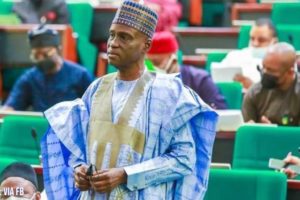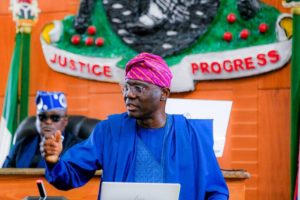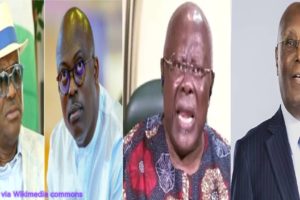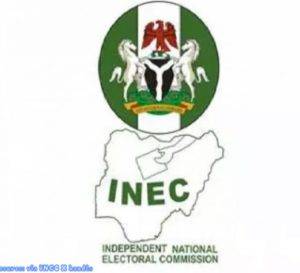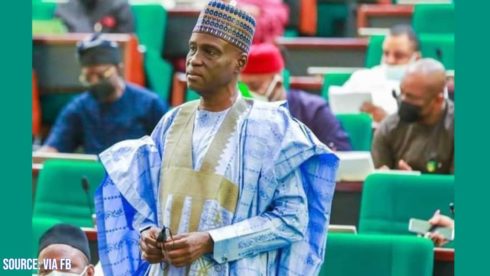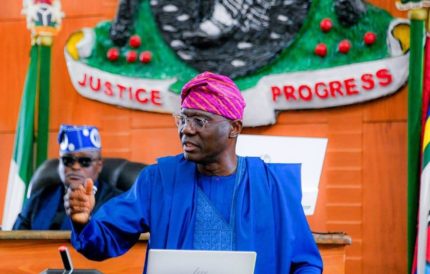The Independent National Electoral Commission (INEC) has reaffirmed the integrity of the 2023 Nigerian election, stating that it was conducted with fairness and credibility, accurately reflecting the desires of the Nigerian populace. In its recently released 526-page report titled ‘The 2023 General Election Report’, INEC underscored the inclusivity and diversity witnessed in the election, showcasing a broad spectrum of political representation across the nation.
According to the report, the commission emphasized that no single political party wielded disproportionate control over the election outcomes. This contrasts with previous elections where certain parties held significant sway, indicating a more evenly distributed result across parties in the 2023 election. The report also highlighted the increased participation of various political parties, with multiple parties securing victories in gubernatorial, senatorial, federal, and state legislative seats, signifying a positive shift towards a more pluralistic political landscape in Nigeria.
Addressing the challenges encountered during the electoral process, including the currency swap by the Central Bank of Nigeria and attacks on INEC facilities, the commission underscored its commitment to transparency and the meticulous planning that went into ensuring the smooth conduct of the election. Sam Olumekun, the National Commissioner and Chairman of the Information and Voter Education Committee, lauded the adherence to the electoral schedule, the incorporation of 80 new provisions in the Electoral Act, and the implementation of innovative technologies that streamlined the voting process, making the 2023 election one of the most well-executed electoral processes in Nigeria’s history.
Unprecedented Diversity in Party Representation
The 2023 general election in Nigeria witnessed unprecedented diversity in party representation, marking significant democratic progress, according to the INEC report. Sam Olumekun highlighted the distinctive features of the election, noting the broad shift in political representation across the country. The report revealed that four political parties secured victories in gubernatorial races, while seven parties emerged victorious in senatorial seats, and eight in federal constituencies. Additionally, nine parties secured victories in state legislatures, showcasing a broader political spectrum and a more inclusive electoral landscape.
This expansion of party representation underscores the growing maturity of Nigeria’s democracy, with voters increasingly embracing diverse political ideologies and candidates. The INEC report commended the efforts of all political parties in actively participating in the electoral process and urged continued collaboration to further strengthen democratic institutions and practices in the country.
Meticulous Planning and Groundbreaking Innovation
The success of the 2023 general election in Nigeria can be attributed to meticulous planning and groundbreaking innovation, as highlighted in the INEC report. The commission noted the unprecedented scale of the election, with the highest number of eligible voters and voting locations across the country. Over one million election duty officials were mobilized, and extensive logistic requirements, including over 100,000 vehicles and approximately 4,000 boats protected by gunboats, were deployed to ensure the smooth conduct of the electoral process.
The integration of new technologies also played a crucial role in enhancing transparency and efficiency during the election. From voter registration to result collation, innovative solutions streamlined various aspects of the electoral process, minimizing errors and reducing instances of malpractice. The INEC report lauded these technological advancements and underscored their importance in fostering public trust and confidence in the electoral process, paving the way for more credible and inclusive elections in the future.
INEC’s Commitment to Enhancing Nigeria’s Democracy: Progress, Challenges, and Future Directions
Moreover, INEC’s acknowledgment of the need to build on this progress underscores the commission’s commitment to continuous improvement. By addressing areas of concern and striving for greater fairness and transparency, INEC aims to strengthen the electoral process and bolster public trust in the institution. Moving forward, it will be imperative for all stakeholders, including political parties, civil society organizations, and the electorate, to actively contribute to the ongoing evolution of Nigeria’s democratic framework.
In conclusion, while challenges persist, the INEC report on the 2023 general election offers a glimpse of progress and resilience in Nigeria’s electoral landscape. By prioritizing the accurate representation of the people’s desires and fostering a more equitable distribution of electoral outcomes, the nation takes significant strides towards building a stronger and more inclusive democracy. As preparations begin for future elections, the lessons learned from the 2023 experience serve as valuable guideposts for shaping a brighter democratic future for Nigeria.
Table of Contents
Discover more from OGM News NG
Subscribe to get the latest posts sent to your email.

